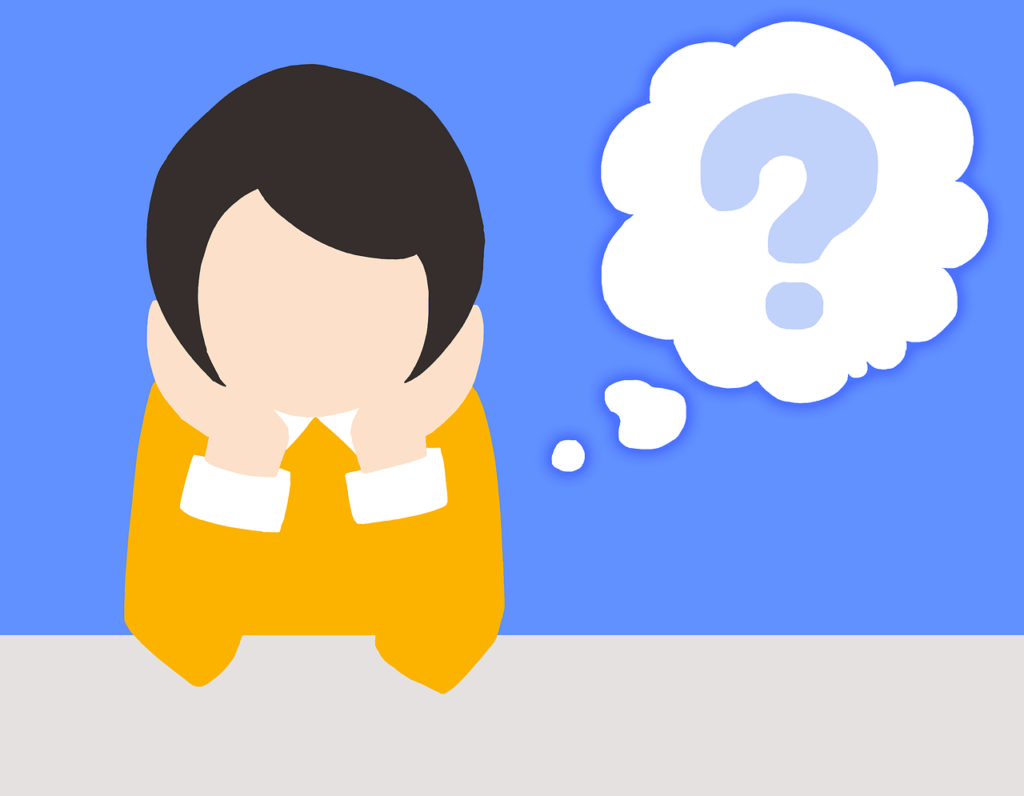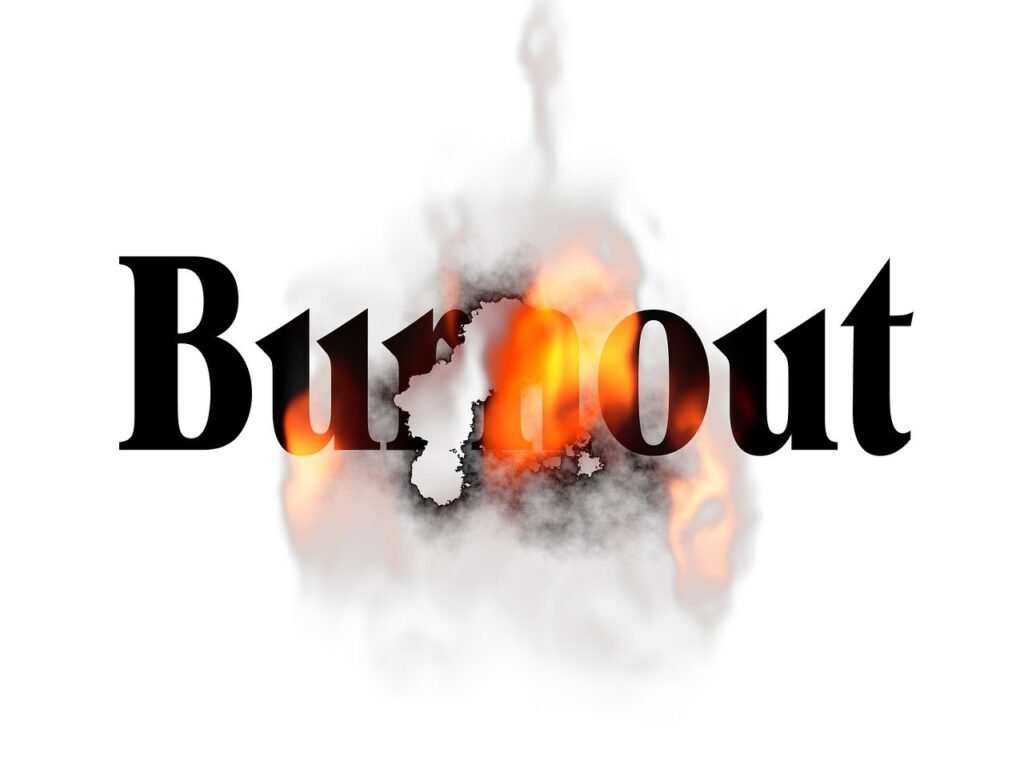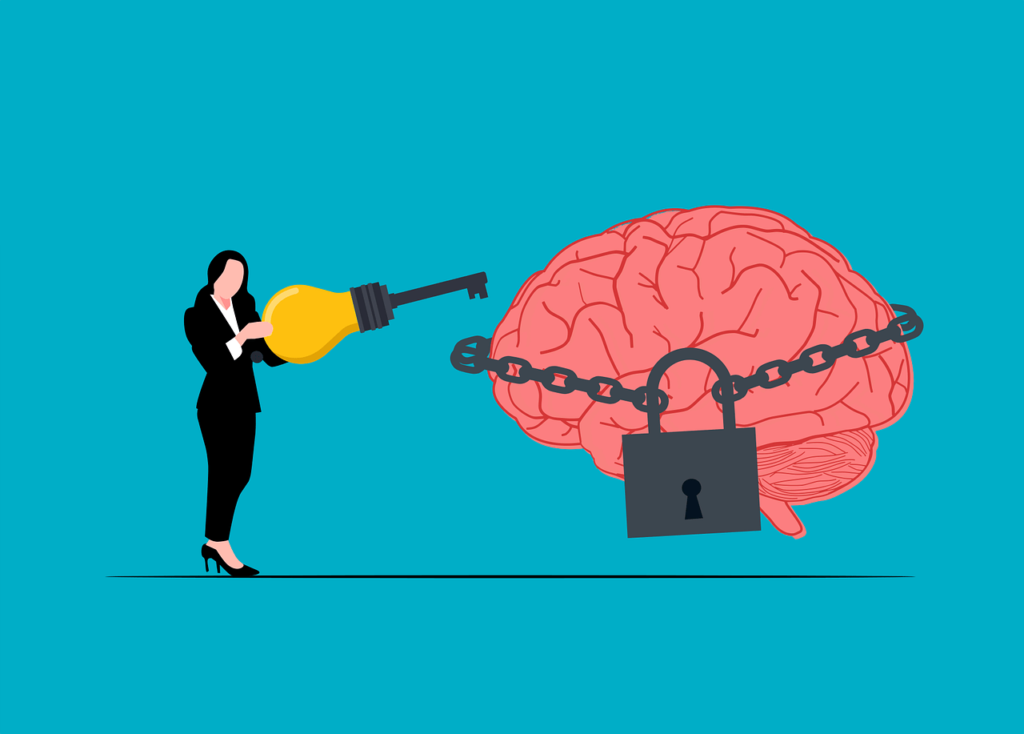How To Overcome Social Anxiety? Learn 7 Effective Ways

What is social anxiety? Understand it simply
We have all felt uncomfortable speaking in front of others at some point in our lives. Many have experienced shaking hands or palpitations while speaking in an unfamiliar environment, among strangers, or on stage. However, if this fear, shame, or discomfort increases to such an extent that it affects your ability to live your normal life and form relationships, then that is Social Anxiety.
Social anxiety disorder is a mental condition in which someone feels overly judged, humiliated, or viewed negatively by others in a social situation. As a result, the person often avoids situations such as:
Speaking in a group
Meeting a stranger
Public speaking
Taking part in an interview
Even spending time with friends.
It is not just shyness. It is a deep-rooted mental fear that becomes a major obstacle to a person’s confidence, work skills, and even relationships.
Why does Social Anxiety occur?
There can be many reasons behind it:
Childhood experience of ridicule or humiliation
Family pressure or excessive expectations
Low self-esteem
Negative thinking habits
Emotional trauma or past failures.
Having social anxiety does not mean that you are weak, but rather that you are a sensitive and deeply thinking person who is very alert to the reactions of society. However, if it is not brought under control, it can gradually become a cause of depression, low self-esteem or loneliness.
Symptoms and causes of social anxiety
The main symptom of social anxiety disorder is feeling extremely uncomfortable, humiliated or terribly embarrassed in social situations. However, these feelings can manifest in different ways.
Below are some common symptoms:
Fear of speaking in front of strangers
Being overly self-conscious in any public place
Feeling uncomfortable when someone is watching
Fear that others will criticize or laugh at you
Feeling like, “I’m saying something wrong” or “People don’t like me”
Some physical reactions in the body, such as:
Shaking hands and feet
Red face
Excessive sweating
Dry throat
Raised heart rate.
These symptoms usually become more intense with social or environmental pressure. Many people start to withdraw themselves to avoid these, which has more negative effects in the long run.
Causes:
The cause of social anxiety is not entirely simple. It can be the combined result of various psychological, family and environmental factors.
Bitter childhood experiences:
If someone is bullied at school as a child, or is regularly humiliated, that person grows up to be afraid of society.
Family Influence:
If someone in the family suffers from Social Anxiety, then other members may also be affected by it. Again, overly strict or harsh parenting is also a reason.
Underestimating yourself:
If such beliefs as “I am not as good as others”, “I will make mistakes” are deeply rooted in the mind, Social Anxiety can develop.
Past Humiliating Events:
Being publicly humiliated at an event or making a big mistake creates fear in people, which keeps them away from social situations in the future.
Negative Thinking Habits:
Seeing every situation negatively or thinking “everyone will dislike me” makes Social Anxiety deeper. It is very important to know these symptoms and causes, because only by identifying the problem correctly can the path to its solution begin. Social Anxiety is not something to be ashamed of, rather it is something that can be brought under control through practice, awareness and some effective habits.
Why is it wrong to ignore social anxiety?
Many times we ignore social anxiety thinking it is just shyness or temporary discomfort. We think, “Everyone is a little scared”, or “It will get better with time.” But the reality is that if social anxiety continues for a long time and is not dealt with appropriately, it can ruin a person’s quality of life.
Let’s see below why it should be dealt with seriously and not ignored:
1. Confidence gradually breaks down
Social anxiety repeatedly reminds people that they are not good enough, that they will fail. In the long run, it breaks a person’s confidence to the point that they can no longer believe in themselves.
2. Important opportunities in life are missed
Social anxiety becomes an obstacle in all these areas, whether it is a job interview, public speaking, a presentation, or making friends with new people. As a result, many opportunities are missed, which causes regret in the future.
3. Loneliness and depression develop
A person with social anxiety gradually distances himself from social events, friends, and even family. This results in loneliness, sadness, and sometimes depression.
4. Relationship problems arise
If a person is always worried about “what others are thinking” or “did I say it right?”, then it becomes difficult for him to develop close relationships. This also creates distance in love, friendship, or family relationships.
5. Daily work is also affected
Even simple tasks at school, college, or the office seem difficult. Many times, people skip work or repeatedly procrastinate due to social anxiety, which can cause professional damage.
Social anxiety is not a weakness, it is a real, scientifically proven mental health problem. Instead of ignoring it, understanding it and taking the necessary steps is the first step towards a healthy life. Remember, self-esteem and courage are not built in a day, but once you start, it will not take long for your life to change.
7 Effective and Proven Ways to Get Rid of Social Anxiety
Social Anxiety does not magically disappear overnight. However, it can be gradually brought under control through some simple, scientific habits and mental exercises. Below are 7 effective and proven ways that really work in real life:
1. Start with small steps
Take small steps without putting yourself at risk in a big social situation. For example, going to the store and talking to the seller, trying to express your opinion in front of friends. This feeling of small victory builds big confidence at a time.
2. Challenge negative thoughts
Social Anxiety gives us various wrong messages in our minds: “You are useless”, “Everyone will laugh”, “If you speak, it will be wrong”. Challenge these thoughts. Ask yourself: Is there any evidence behind this fear? Most of the time, you will see that these thoughts are baseless.
3. Do breathing exercises
The body’s response to stress or tension naturally increases, heart rate increases, sweating occurs, and the head stops working. Develop the habit of breathing deeply for 5-10 minutes a day. This calms the mind and controls physical reactions.
4. Prepare
Preparing before going into any social situation increases confidence a lot. For example, if you are going to give a presentation, practice standing in front of the mirror beforehand. Or think about the outline of the conversation before meeting someone.
5. Accept yourself
You are not obliged to be perfect. The first step to getting rid of social anxiety is to learn to love yourself without blaming yourself. Every person is shy, makes mistakes, and afraid in some way. That is what makes us human.
6. Seek professional help
If social anxiety is affecting your life excessively, seek help from a counselor or psychologist. Cognitive Behavioral Therapy (CBT) is an effective therapy that works great to reduce social anxiety.
7. Give yourself a small challenge every day
Challenge yourself to do a small courageous act every day. For example:
Today I will say “hello” to a stranger
Today I will ask a question in class
Today I will try to express my opinion
These small challenges eventually create the foundation of great courage.
Getting rid of social anxiety is possible, but it requires patience, awareness and regular practice. You are not alone. Millions of people around the world go through this feeling and come out of it. Start today with a small step, with compassion for yourself.
Not fear, recognize your strength
Social anxiety is not the end of your life story. It is just a chapter that you can write anew if you want. You may be a little shy, you may be afraid of making mistakes, but that doesn’t mean you’re weak. Rather, you are a sensitive, deep thinker who is trying to express yourself well. That’s the sign of courage.
Remember, confidence is not an innate quality, it’s a habit that can be developed. Every small step, every challenge taken, every attempt to overcome every fear makes you stronger. You are not alone. There are many others like you on this journey. Some may have started, some are in the middle, and some may be turning around right now. Today is the day to love yourself, embrace your fears, and start anew.
Remember one thing, your voice matters, your presence is precious, and you yourself are a name of possibility. You can share any experience and opinion from your life here.
- Category : Relationships
- Author : Tuhin Bin Alamgir



